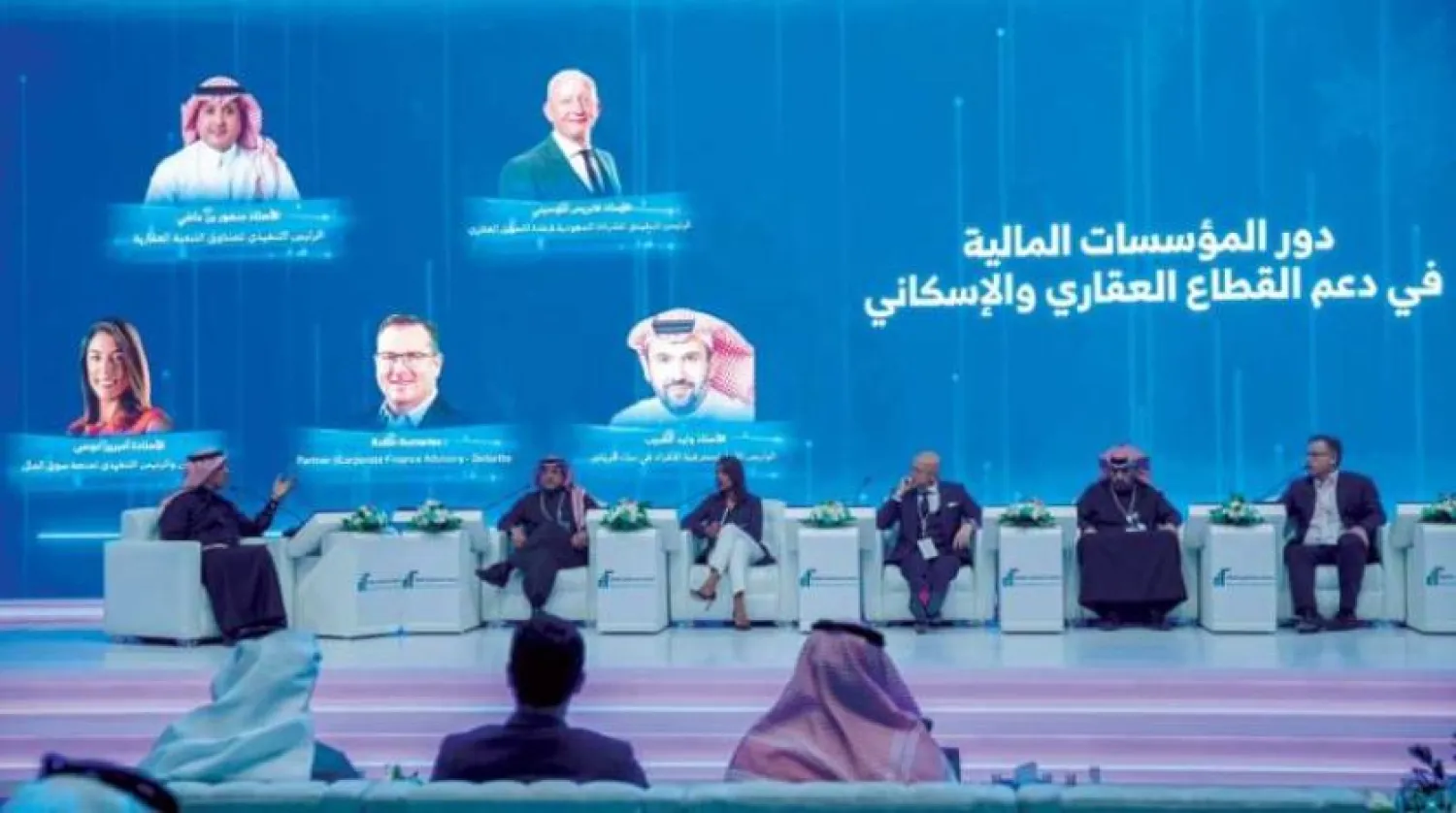Statistics released on Tuesday showed that the real estate financing for individuals in Saudi Arabia accounted for more than 674 billion riyals ($197 billion) during the period extending from January to November 2022, achieving a record high of 130 percent, compared to the transformation phase in 2017, when it amounted to 287 billion riyals ($76.5 billion).
In this regard, Mansour bin Madi, CEO of the Real Estate Development Fund (REDF), pointed to a major shift and development in the country’s finance sector.
Bin Madi was speaking during a dialogue session entitled, “The Role of Banks and Financial Institutions in Supporting the Real Estate and Housing Sector”, within the second edition of the Real Estate Future Forum, which is currently held in Riyadh.
He noted that the fund was a major enabler for the real estate finance market and a strategic supporter of the sector, highlighting a number of programs launched in partnership with financing agencies, including the subsidized loan, which provides financing up to 500,000 riyals ($133 thousand) subsidized by 100 percent profits, the housing support packages, the financing guarantees and the soft mortgage.
The CEO of the REDF touched on the Real Estate Advisor platform, which provided more than 1.2 million financing and housing recommendations to beneficiaries, as part of the continuous efforts to improve housing affordability, in line with the goals of the housing program - one of the Vision 2030 programs.
During the dialogue session, participants discussed a number of issues, including the means to attract foreign investors to housing projects in Saudi Arabia, the role of the Saudi government in the process of financing construction developers, in addition to the impact of the interest rate on ownership applications.









